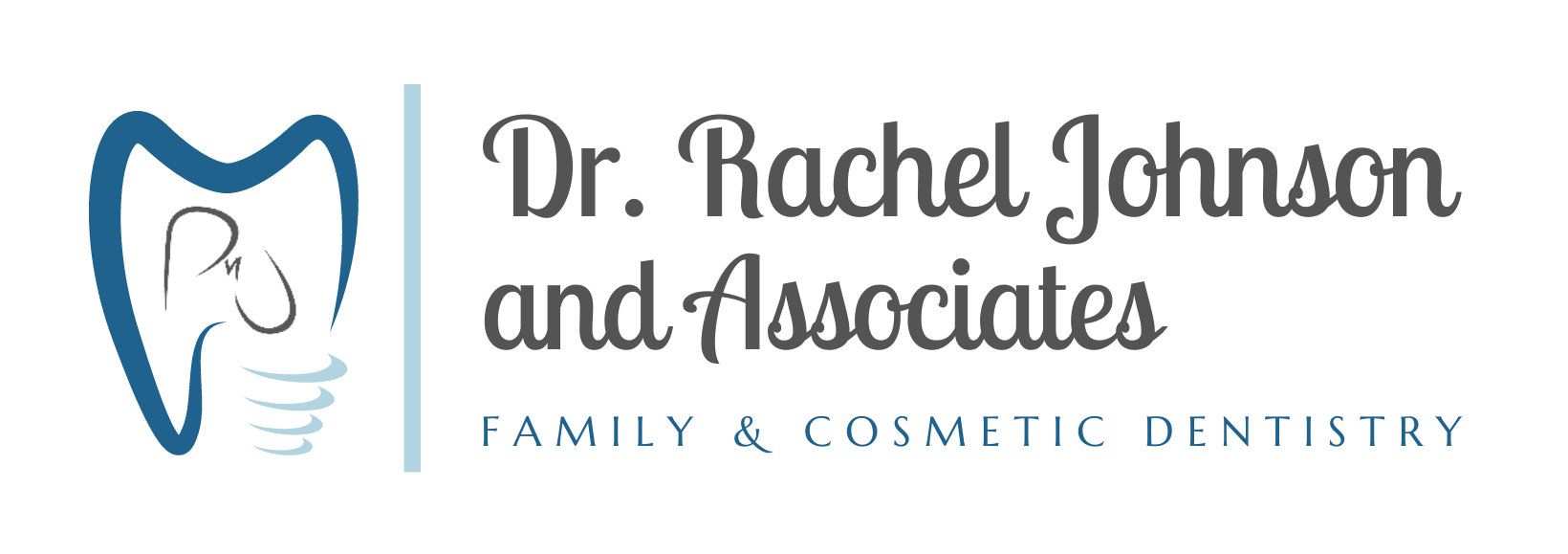Family & Cosmetic Dentistry Services in Murfreesboro, TN
Preventative
Routine preventative dental prophylaxis appointments consist of scaling (removing soft and hard deposits, known as plaque and tartar) and polishing teeth. This appointment should be carried out regularly in order to prevent and control periodontal and other diseases, as well as monitor and detect any decay.
Advantages include:
Keep your teeth a lifetime
Protection from future discomfort and infection
More affordable dental care
Fresher breath
Improved appearance for patients and their family
Protection from future discomfort and infection
More affordable dental care
Fresher breath
Improved appearance for patients and their family
Periodontal Care
Periodontal disease is an infection of the tissues that support your teeth. Periodontal diseases are classified according to the severity of the disease. Gingivitis is a milder and reversible form of periodontal disease that only affects the gums. However, gingivitis may lead to more serious, destructive forms of periodontal disease called periodontitis.
More importantly, studies have shown an increased risk of heart disease and stroke in patients with periodontal disease. In addition, diabetics with gum disease are twice as likely as those without it to die from either heart disease or kidney failure. Furthermore, expectant mothers with periodontal disease are seven times more likely to deliver prematurely. It is possible to have periodontal disease and have no warning signs. That is one reason why routine dental check-ups and periodontal examinations are very important.
More importantly, studies have shown an increased risk of heart disease and stroke in patients with periodontal disease. In addition, diabetics with gum disease are twice as likely as those without it to die from either heart disease or kidney failure. Furthermore, expectant mothers with periodontal disease are seven times more likely to deliver prematurely. It is possible to have periodontal disease and have no warning signs. That is one reason why routine dental check-ups and periodontal examinations are very important.
Extractions
If a tooth is severely damaged by decay or fracture and is unable to be restored, we do offer in-office extractions. We use gentle techniques and excellent post-operative care for a safe and comfortable experience.
Dental Implant Restoration
Dental implants are the #1 restorative option for replacing one tooth, multiple teeth or even a full arch. A dental titanium implant is surgically placed into the bone and, once integrated, becomes the perfect anchor for a replacement tooth. We now offer treatment for single and multiple missing teeth, complete upper and lower arches (both removable and permanent), bone grafting, sinus lifts and ridge width augmentation. View the video to learn more.
http://newteethmurfreesboro.com/
http://newteethmurfreesboro.com/
Composite Restorations
These "tooth-colored" fillings will restore the tooth back to its proper form and function. Dr Johnson will remove the decayed portion of the tooth, clean the affected area, and fill it with a composite material. We are able to match the color of the filling to your tooth so it’s not visible when eating or speaking.
Dentures/Partials
Replacing missing teeth is an important part of a natural looking smile. We will help you choose the perfect shape, fit and shade of your dentures. Complete dentures are necessary to replace teeth when all the teeth in an arch are missing and a partial denture is there to replace missing teeth when you only have a few spaces to fill. A partial will actually use your existing teeth to help anchor it in place. We also offer a wide variety of implant retained dentures for added support.
Sealants
Sealants are used in addition to proper home care to help protect teeth against decay-causing bacteria. They act as a barrier and are usually applied to the chewing surfaces of the molar teeth. There are no injections or drills usually involved in this procedure making it easy on young children.
Treatment methods depend upon the type of disease and how far the condition has progressed. Good oral hygiene at home is essential to help keep periodontal disease from becoming more serious or recurring. You don't have to lose teeth to periodontal disease. Brush, clean between your teeth, eat a balanced diet, and schedule routine dental visits for a lifetime of healthy smiles.
Sedation
Our doctors are committed to the highest level of care for the patients in our dental family. Part of that care includes managing patients dental anxiety at any level. While we have more traditional methods of sedation such as Nitrous Oxide (or laughing gas), and oral conscious sedation (a mixture of oral anxiolytics and nitrous oxide), we have also added IV sedation to our services.
What type of patients benefit most from IV sedation?
Those with dental anxiety or fear of visiting the dentist
An Overly sensitive gag reflex or difficulty controlling movements
A fear of needles or a decreased sensitivity to local anesthesia
Extreme teeth sensitivity
Feelings of claustrophobia while in the dental chair
Patients with special needs including physical, cognitive or behavioral
Patients who prefer to do a large amount of treatment at one time
Our goal is keeping our patients safe and comfortable at all times. After a thorough review of medical and health histories with our patients we can best select the appropriate medications for delivery through the IV. This level of sedation is called Moderate Conscious Sedation. The doctors will monitor your heart rate, blood pressure and oxygen levels throughout the procedure. We can adjust the dosage at any point and can use reversal drugs immediately if needed. Most of our patients fall into a very light sleep and respond to verbal commands, however most have very little memory of the procedure. Our doctors have gone through an extensive training and permit process in order to best serve our patients and are looking forward to talking more about this at your next visit.
Cosmetic Dentistry
Nite White Whitening Trays
Tooth whitening is a simple, non-invasive dental treatment used to change the color of natural tooth enamel and is an ideal way to enhance the beauty of your smile. Because having whiter teeth has now become the number one aesthetic concern of most patients, there are a number of ways to whiten teeth. The most popular method is using a home tooth whitening system that will dramatically whiten teeth. Since tooth whitening only works on natural tooth enamel, it is important to evaluate replacement of any old fillings, crowns, etc. Replacement of any restorations will be done after bleaching so they will match the newly bleached teeth. Tooth whitening is not permanent. A touch-up may be needed every several years and more often if you smoke, drink coffee, tea, or wine.
Veneers / Crowns
Ceramic crowns and veneers are used to restore, cover and protect teeth that are broken or are in danger of breakage. If you are missing a single tooth or multiple teeth, a bridge can be anchored to the teeth on either side of the space and cemented in place so you would never notice the difference.
For more information about our services or to schedule your appointment call us today.










